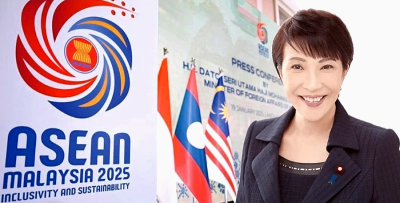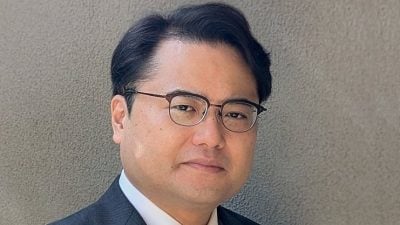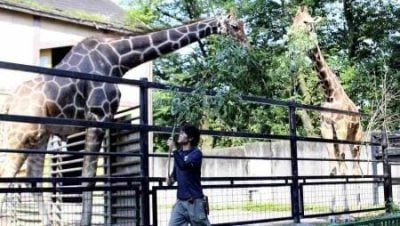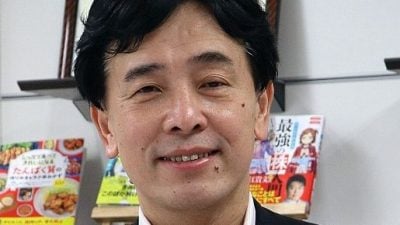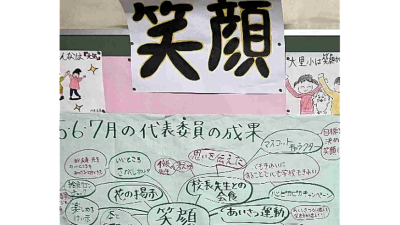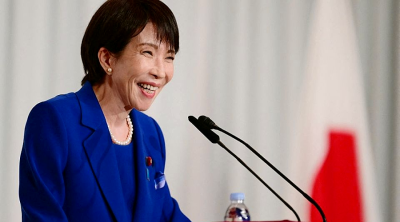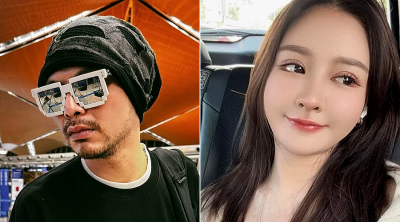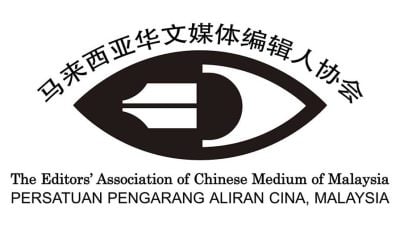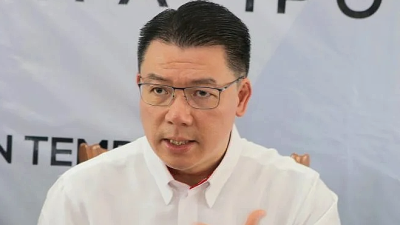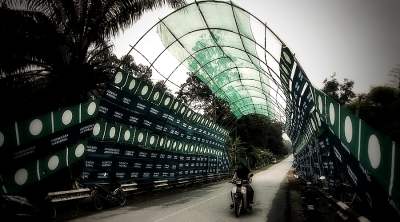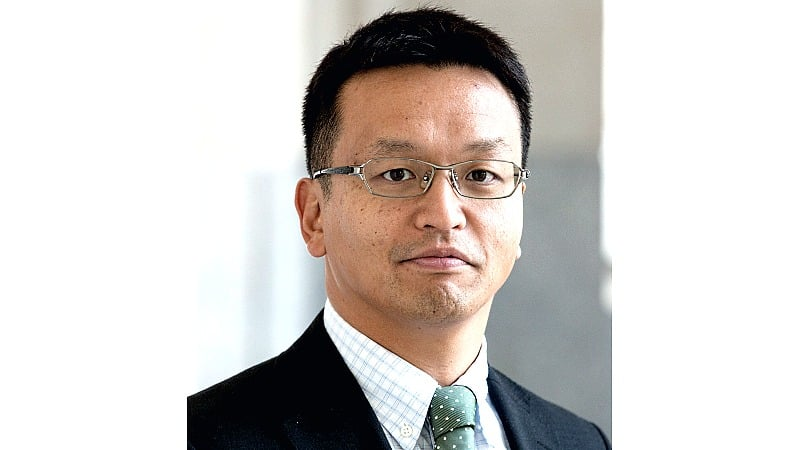
On October 10, Pyongyang celebrated the 80th anniversary of the founding of the Workers’ Party of Korea (WPK), North Korea’s ruling political party.
The climax of the various events was, of course, the military parade.
For neighboring countries such as Japan, the United States, and South Korea, the parade provided a crucial indicator of North Korea’s progress in developing weapons.
The first public unveiling of the “Hwasong-20” type ICBM (Intercontinental Ballistic Missile) reaffirmed North Korea’s dedication to strengthening its deterrent capabilities against the United States.
Furthermore, the debut of an organization called the “State Security Border Guard General Bureau” (BGGB) likely reflects the renaming of the military demarcation line with South Korea to a “border.”
However, the focus was more on diplomacy than on military affairs.
The large number of international guests was particularly notable.
During Kim Il Sung’s time, many socialist countries existed, including the Soviet Union and Eastern European countries, and large-scale events in Pyongyang would typically bring together several leaders from each country.
However, the Kim Jong Il administration, established in the post-Cold War era, never held such events. This was likely due to diplomatic isolation and severe economic difficulties.
In contrast, leaders such as Vietnam’s Communist Party General Secretary, To Lam, China’s No. 2 Premier, Li Qiang, and Russia’s ruling “United Russia” leader, Dmitry Medvedev, lined up on the parade stand at Kim Il Sung Square.
Although Laos’s President and Laotian People’s Revolutionary Party General Secretary, Thongloun Sisoulith, was absent from the parade, he came to Pyongyang to celebrate the 80th anniversary of the founding of the WPK.
This is a stark difference from the previous, 70th anniversary event.
Ten years ago, the only guest standing next to Kim Jong Un on the parade stage was Liu Yunshan, a member of the Politburo Standing Committee and the fifth-ranking member of the Chinese Communist Party. There were no high-level participants from Russia.
This time, Cuba was the only existing socialist country whose leader did not attend.
Not only did President Miguel Díaz-Canel (then Chairman of the Council of State) and First Secretary of the Communist Party of Cuba fail to attend—they had visited North Korea in November 2018 and held talks with Kim Jong Un—but no other high-level officials visited either.
Given the two countries’ longstanding friendly relations, the absence is undoubtedly the lingering effect of Cuba establishing diplomatic relations with South Korea in February 2024.
Furthermore, the physical distance compared to Asian neighbors like China, Vietnam, and Laos likely played a role.
Kim Jong Un showed great courtesy to guests from , as well as to To Lam from Vietnam. It was an unprecedented welcome for North Korea. The same level of hospitality was shown to the leader of Laos, a country with a population of fewer than eight million.
This indicates North Korea’s desire to adjust its foreign policy, which has focused primarily on Russia in recent years, and develop relations not only with China but also with countries such as Vietnam and Laos.
For example, Vietnam has prioritized its relationship with the United States as a way of containing China and has firmly implemented economic sanctions against North Korea despite being a socialist country.
North Korean restaurants that existed in Hanoi and Ho Chi Minh City have also completely closed, and now the only North Koreans living in the country are embassy staff and their families.
However, Russia’s demand for North Korean weapons and soldiers in exchange for substantial sums of money has made economic sanctions against North Korea ineffective.
It is obvious that economic sanctions will be “full of loopholes” unless all countries act in concert.
China will likely resume economic cooperation with North Korea gradually, and Vietnam and Laos will likely follow suit.
Meanwhile, North Korea pursues multifaceted diplomacy while maintaining its distance from each country, thereby achieving its original goal of independence.
However, an examination of North Korean media reports reveals that, at this stage, the focus remains squarely on Russia.
When Kim Jong Un met with Li Qiang, the media reported that they discussed high-level exchanges, strategic communication, and expanding multifaceted cooperation between China and North Korea.
In contrast, the meeting between Kim Jong Un and Medvedev touched upon the “alliance relationship” with Russia.
Additionally, the same media outlet reported on Medvedev’s remarks regarding the bravery and spirit of sacrifice demonstrated by North Korean soldiers during the “Operation to Liberate Kursk Oblast.”
The issue lies in the title that Kim Jong Un uses for the leader of the other country.
Kim Jong Un referred to Putin as his “closest comrade,” which is a clear indication of the stark difference between him and Xi Jinping, who is merely a “comrade.”
Furthermore, the Russian and North Korean parties signed a joint statement. In it, United Russia expressed its “firm support for the measures” taken by the DPRK leadership to strengthen national defense capabilities.
Russia appears to tolerate North Korea’s nuclear development even without directly expressing it. This is also thought to be the reason for the difference in attitude between Russia and China, the latter of which has strongly opposed nuclear testing.
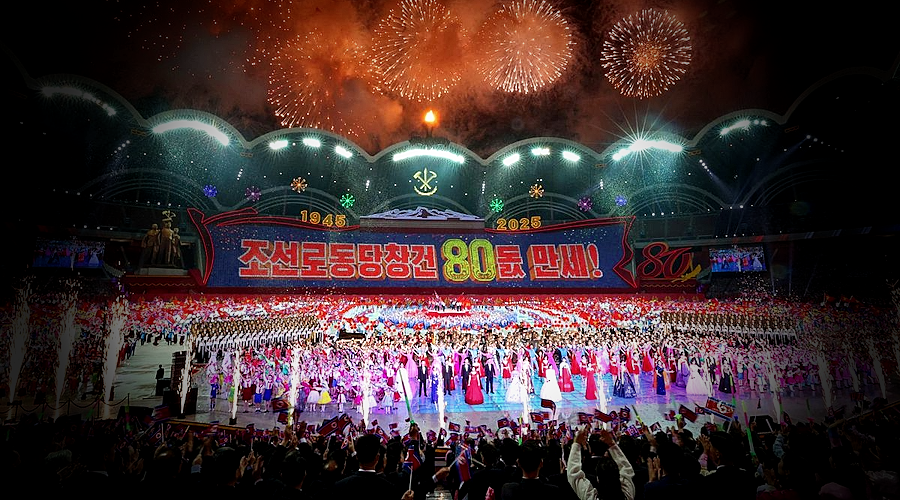
(Atsuhito Isozaki is Professor at Keio University, Japan.)
ADVERTISEMENT
ADVERTISEMENT






